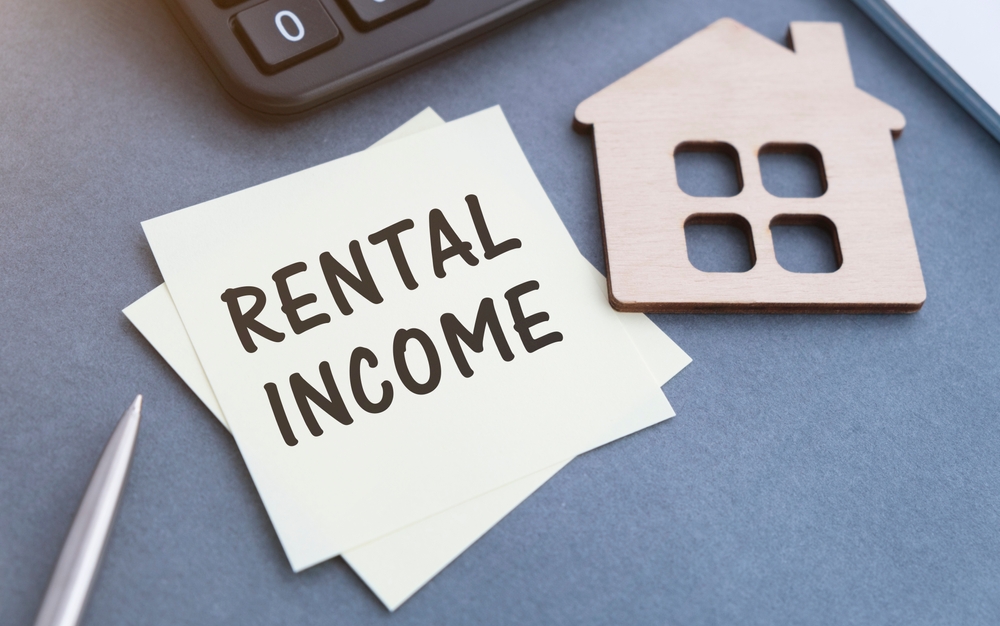As the year winds down, homeowners have a unique opportunity to review their financial situation and make strategic moves that can lead to substantial tax savings.
This comprehensive guide offers key insights into optimizing your tax position, covering essential strategies for maximizing deductions, understanding new tax laws, and intelligent financial planning.
Understanding Your Property Tax Situation
Property taxes represent a significant portion of a homeowner's annual expenses, and understanding how they work is crucial for effective tax planning.
What to do?
Review your property tax statements: Ensure you understand how your property taxes are calculated and what exemptions or rebates may apply to you.
Prepaying property taxes: If it makes financial sense, consider prepaying your property taxes to maximize deductions, especially if you anticipate a higher tax rate next year.

Mortgage Interest Deduction
Mortgage interest remains one of the most significant deductions available to homeowners. The Tax Cuts and Jobs Act (TCJA) set the cap at $750,000 indebtedness, but older mortgages may still be grandfathered under the previous $1 million limit.
What to do?
Understand your mortgage: Review your documents to see where you stand regarding interest and principal payments.
Consider refinancing: With interest rates constantly changing, refinancing could reduce your mortgage payment and affect your interest deduction.

Utilizing Home Equity
The interest on home equity loans or lines of credit is deductible when used for buying, building, or substantially improving the taxpayer's home.
What to do?:
Document home improvement expenses: Keep a record of all costs related to home improvements, as they can be deductible.
Analyze your home equity debt: Ensure that any home equity loan or line of credit is used for eligible purposes to maintain its deductibility.

Energy-Efficient Upgrades
Investing in energy-efficient home improvements can yield tax credits. The Nonbusiness Energy Property Credit has been extended, allowing for deductions for energy-efficient upgrades.
What to do?
Research eligible improvements: Look into what types of energy-efficient upgrades qualify for tax credits.
Keep receipts: Save all documentation related to these improvements to substantiate your claim.

Capital Gains Exclusion
Remember the capital gains exclusion if you have sold your home this year. You can exclude up to $250,000 of gain ($500,000 for married couples) from your income if you have lived in and owned the home for at least two of the last five years.
What to do?
Calculate your home's basis: Determine your home's original purchase price plus any improvements.
Keep records of the sale: Document the selling price and any associated selling expenses.

Rental Properties and Income
If you rent out a portion of your home or own a separate rental property, there are numerous tax implications to consider.
What to do?
Document rental income and expenses: Keep detailed records of all income received and expenses incurred from renting out property.
Understand depreciation: Rental properties are subject to depreciation, which can provide significant tax benefits.

Anticipating New Tax Laws
Tax laws can change yearly, affecting deductions, credits, and overall tax strategies.
What to do?
Stay informed: Stay updated with current and proposed tax law changes that might affect homeowners.
Consult a professional: A tax advisor can provide the most recent advice tailored to your situation.

Retirement Planning
Contributing to retirement accounts can provide tax benefits and should be a part of your year-end tax planning.
What to do?
Maximize contributions: Consider increasing your contributions to IRAs or 401(k)s to lower your taxable income.
Roth conversions: Depending on your current tax bracket, converting a traditional IRA to a Roth IRA could be advantageous.

Charitable Contributions
Making charitable contributions before year-end can provide tax benefits, especially if you itemize your deductions.
What to do?
Document your donations: Record all charitable contributions, including non-cash items.
Consider a donor-advised fund: This can be useful for managing charitable contributions and deductions.

Estate Planning Considerations
Year-end is also a good time to review your estate plan and any implications for property transfers.
What to do?
Review your estate plan: Ensure that your estate planning documents are up to date and reflect your current wishes.
Gifting: Understand how gifting can reduce your estate size and potentially save on future estate taxes.

Conclusion
Effective year-end tax planning is critical for homeowners looking to optimize their financial situation. Homeowners can significantly reduce their tax liabilities by understanding and leveraging various tax deductions and credits, staying informed about tax law changes, and strategically planning. It's advisable to consult with tax professionals to ensure you're making the most informed decisions tailored to your unique circumstances. Remember, a little planning now can lead to big savings when tax season arrives.
As the year winds down, homeowners have a unique opportunity to review their financial situation and make strategic moves that can lead to substantial tax savings.
This comprehensive guide offers key insights into optimizing your tax position, covering essential strategies for maximizing deductions, understanding new tax laws, and intelligent financial planning.


